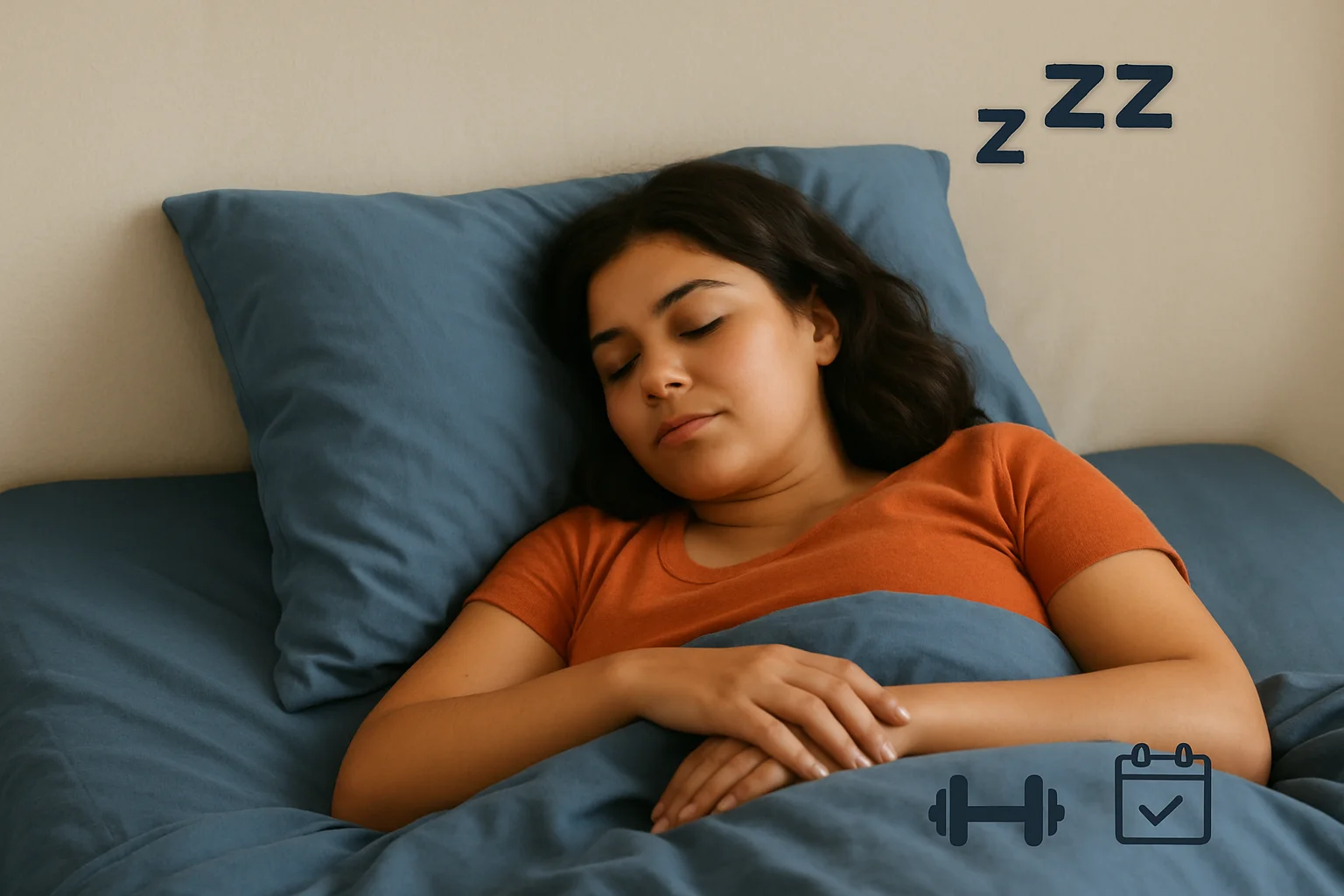The Role of Quality Sleep in Long-Term Weight Management

When it comes to weight loss, diet and exercise often get all the attention. But there’s a missing link that can make or break your progress—quality sleep.
Mounting research reveals that sleep is not just “rest time”; it’s a powerful regulator of metabolism, hunger hormones, energy levels, and even decision-making. Prioritizing sleep can be the difference between a stalled weight loss journey and sustainable success.
Why Sleep Matters for Weight Management
1. Hormonal Balance
Sleep directly affects the hormones that control hunger and fullness:
- Leptin: Signals satiety. Poor sleep reduces leptin, making you feel less satisfied after meals.
- Ghrelin: The “hunger hormone” that increases with sleep deprivation, leading to cravings and overeating.
When you’re sleep-deprived, your appetite increases, and your ability to feel full decreases—a recipe for weight gain.
2. Metabolic Efficiency
Deep sleep is when your body repairs itself and optimizes metabolic functions:
- Glucose Regulation: Lack of sleep impairs insulin sensitivity, promoting fat storage.
- Growth Hormone Release: Essential for muscle repair and fat metabolism, this hormone peaks during deep sleep.
Chronic sleep deprivation slows metabolism, making it harder to lose fat and easier to gain it.
3. Energy and Activity Levels
Poor sleep leads to fatigue, reducing motivation to exercise and move:
- Reduced Workouts: You’re more likely to skip the gym when tired.
- Lower NEAT (Non-Exercise Activity Thermogenesis): Simple activities like walking, fidgeting, and standing decrease, reducing daily calorie burn.
Strategies to Optimize Sleep for Weight Loss
1. Stick to a Consistent Schedule
Go to bed and wake up at the same time daily—even on weekends. Aim for 7-9 hours of sleep.
2. Create a Sleep-Friendly Environment
- Keep your room cool, dark, and quiet.
- Avoid screens at least 30-60 minutes before bedtime to prevent blue light from disrupting melatonin production.
3. Develop a Wind-Down Routine
- Engage in calming activities like reading or light stretching.
- Practice mindfulness or deep breathing for a few minutes to ease into sleep.
4. Monitor Caffeine and Alcohol Intake
- Avoid caffeine post-afternoon.
- Limit alcohol, as it disrupts deep sleep quality despite helping you fall asleep faster.
5. Optimize Daytime Habits
- Get sunlight exposure early in the day to regulate your internal clock.
- Exercise regularly, but avoid intense workouts close to bedtime.
Sleep Tracking and Accountability
Technology can help improve sleep habits:
- Wearables & Apps: Track sleep patterns and identify areas for improvement.
- Sleep Journals: Document bedtime routines, wake times, and factors impacting sleep quality.
Use this feedback to adjust habits and optimize your rest for better weight management.
Sleep as a Lifestyle Habit
Quality sleep doesn’t just aid in weight loss—it enhances mood, willpower, workout recovery, and long-term lifestyle sustainability.
By prioritizing sleep, you build a stronger foundation for all your fitness goals.
Weight loss isn’t only about calorie math; it’s a holistic process where sleep plays a pivotal role.
Consistent, restful sleep balances hormones, boosts metabolism, sharpens decision-making, and energizes your active lifestyle.
Start today—design a relaxing bedtime routine, create a sleep-friendly environment, and commit to rest as an essential part of your wellness journey. Your future self will thank you.











Comments are closed